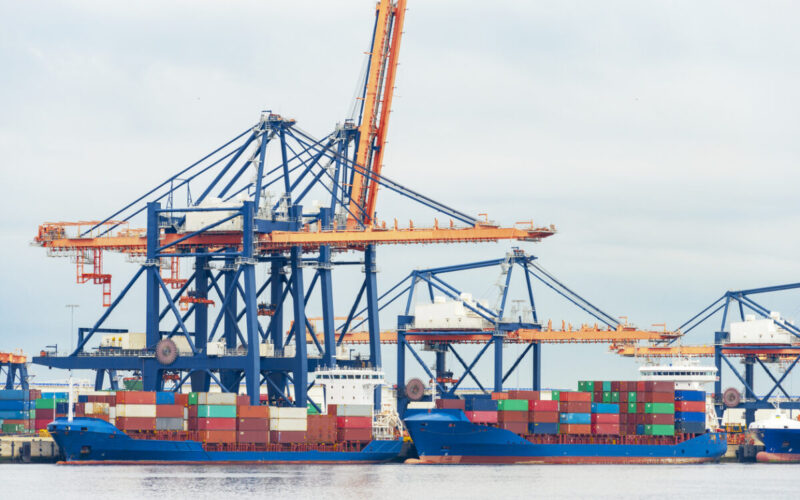The Port of Rotterdam has urged the shipping sector to fulfil the increasing need for sustainable fuels in transportation along the Rotterdam-Singapore Green and Digital Shipping Corridor.
The shipping corridor initiative aims to reduce emissions from large containerships along its 15,000-kilometre route by at least 20 per cent by 2030.
The project was announced in August 2022 in collaboration with the Maritime and Port Authority of Singapore (MPA). It is supported by 25 partners who operate more than 90 large containerships along the route, with a combined transit capacity of 1.5 million TEU per year.
According to current order books, Green Corridor partners will operate over 200 vessels by 2028 that can use bio- or e-versions of methane or methanol.
READ: Port of Rotterdam progresses CO2 storage project
The Port of Rotterdam noted that current order books include dual-fuel vessels that can sail on methane, methanol, or fuel oil.
This means that price mechanisms and fuel availability continue to be important drivers of real demand for sustainable methane and methanol production.
The port noted that sustainable fuels are expected to be two to three times more expensive than fossil fuels, potentially accounting for a considerable share of the total cost of ownership for cargo ships.
This makes it difficult for shipping firms to commit to long-term offtake agreements, limiting suppliers’ expenditures in new manufacturing facilities.
READ: SK tes unveils recycling plant in Port of Rotterdam
To overcome this dilemma, international organisations such as the European Union (EU) and the International Maritime Organization (IMO) might help to stimulate the development of sustainable fuels by coordinating demand and supply.
Furthermore, the Port of Rotterdam and MPA are striving to promote the acceptance and use of sustainable fuels by establishing a clear safety and operational framework for ships wanting to bunker at port.
Recently, the Port of Rotterdam’s Secure Chain handled the 500,000th import container.








